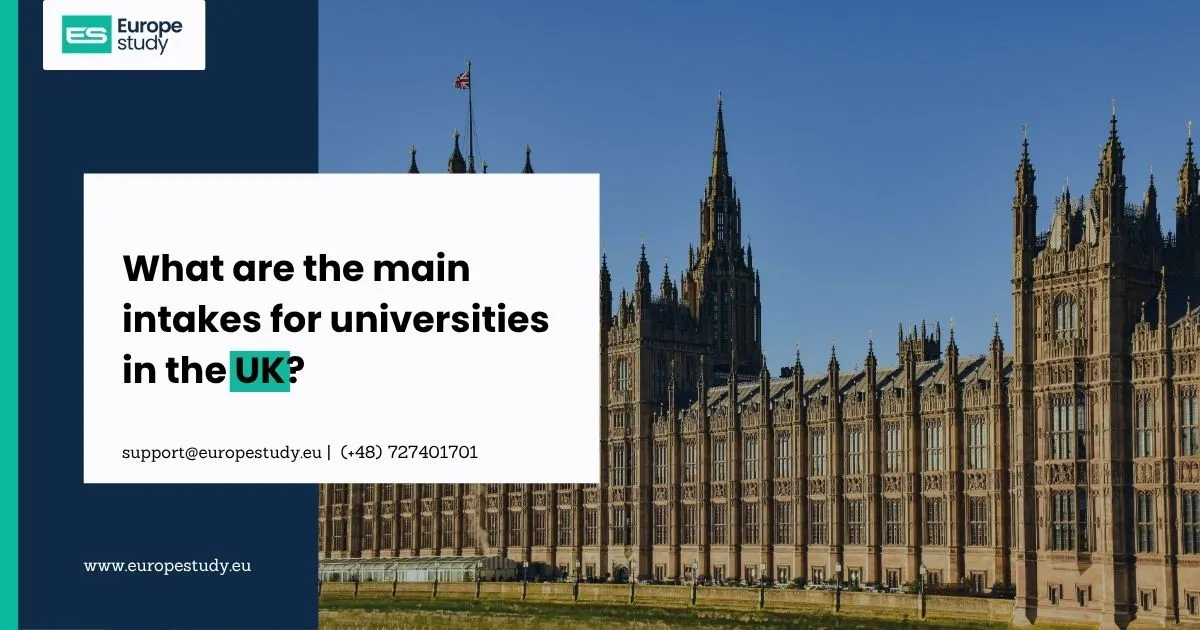
How Does Poland Protect Workers from Exploitation?
As a growing hub for international labor in Europe, Poland has seen a steady influx of foreign workers, particularly from Eastern Europe and Asia. With this growth comes the responsibility of ensuring that all workers—especially migrants—are protected from labor exploitation. Poland has implemented a range of legal, institutional, and policy-based protections aimed at securing fair treatment in the workplace.
Here’s a detailed look at how Poland addresses labor exploitation and what mechanisms are in place to safeguard workers' rights.
1. Legal Framework for Worker Protection
Poland’s labor laws are primarily governed by the Labour Code (Kodeks pracy), which applies to both Polish nationals and foreign workers. The code regulates employment conditions, including wages, working hours, leave, health and safety standards, and dismissal procedures.
Key provisions include:
- Minimum wage guarantees: Employers must pay no less than the national minimum wage, which is updated annually.
- Work hour regulations: The standard working week is 40 hours. Overtime must be compensated either with extra pay or time off.
- Employment contracts: Workers must receive written contracts outlining job responsibilities, compensation, and working conditions.
- Social security contributions: Employers are required to register workers for health insurance, pensions, and accident insurance.
2. Equal Protection for Foreign Workers
Foreign workers, including those from outside the EU, are entitled to the same legal protections as Polish citizens. This includes:
- The right to a written employment contract
- Protection against unfair dismissal
- Access to legal aid in case of disputes
- The ability to join labor unions
Foreign workers on legal work permits or residence visas are subject to the same rules under the Labour Code. Those working without proper documentation, however, are far more vulnerable—making legal employment crucial for safety and fair treatment.
3. Oversight by Labor Inspectorate
The National Labour Inspectorate (Państwowa Inspekcja Pracy – PIP) plays a critical role in enforcing labor laws. This body conducts inspections at workplaces to:
- Verify employment contracts
- Check working conditions
- Ensure timely payment of wages
- Investigate complaints of abuse or exploitation
Employees—Polish or foreign—can report labor violations directly to PIP, even anonymously. Inspectors can issue fines, stop unlawful employment practices, and refer serious cases to the police or prosecutors.
4. Penalties for Employers
To deter exploitative practices, Poland has introduced stricter penalties for employers who:
- Employ workers without contracts
- Underpay wages or withhold them
- Violate safety and hygiene regulations
- Employ foreigners without valid work permits
Penalties can include:
- Fines up to PLN 30,000 (approx. €6,500)
- Business license suspensions
- Criminal prosecution for serious offenses such as forced labor or human trafficking
In recent years, the Polish government has also tightened requirements for employers hiring migrant workers, including mandatory registration and more detailed reporting obligations.
5. Support Services and Legal Aid
Several public institutions and NGOs in Poland offer free legal advice and support to workers, particularly migrants. These include:
- Legal Aid Centres (Bezpłatna Pomoc Prawna) funded by the Ministry of Justice
- Trade unions such as OPZZ and NSZZ “Solidarność,” which provide legal representation
- NGOs like La Strada Foundation and Helsinki Foundation for Human Rights, specializing in labor rights and anti-trafficking
These organizations can assist with legal disputes, contract reviews, and filing complaints with the appropriate authorities.
6. Anti-Trafficking and Forced Labor Measures
Poland has committed to international conventions against forced labor and human trafficking, including EU Directives and International Labour Organization (ILO) standards. The Ministry of the Interior runs a national anti-trafficking program and cooperates with law enforcement to identify and rescue victims of labor exploitation.
Victims of trafficking are entitled to:
- Temporary residence permits
- Shelter and medical care
- Legal support and compensation
7. Recent Developments
In response to rising labor migration, the Polish government has taken steps to increase oversight and accountability:
- In 2024, Poland expanded the digital Enter Poland system for better tracking of migrant employment.
- New amendments have strengthened employer reporting obligations and increased penalties for failing to notify authorities of early contract terminations.
- More inter-agency cooperation has been encouraged between immigration, labor, and law enforcement services.
Final Thoughts
Poland has a comprehensive legal and institutional framework aimed at protecting all workers from exploitation, with equal rights granted to foreign employees. However, enforcement remains a key challenge, especially for undocumented or informal workers.
The best protection against exploitation begins with legal employment, understanding your rights, and seeking help early if any violations occur. With stronger laws and better enforcement, Poland continues to work toward a more just and secure environment for its diverse workforce.





